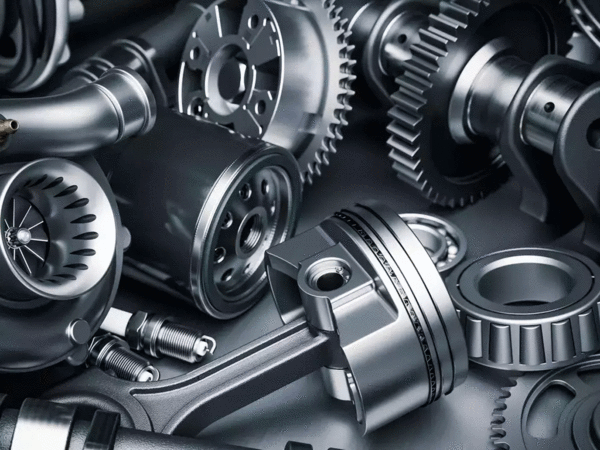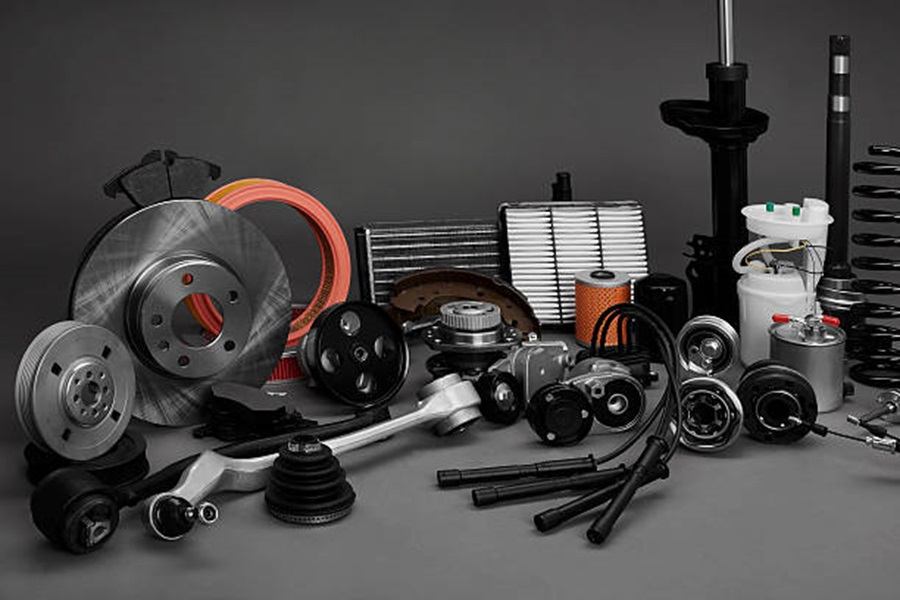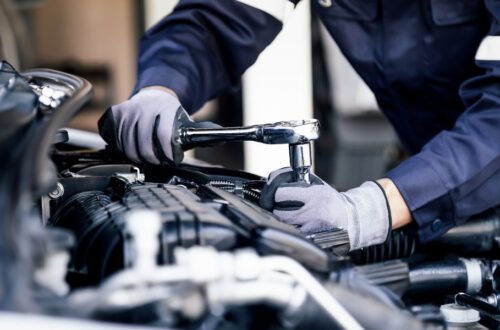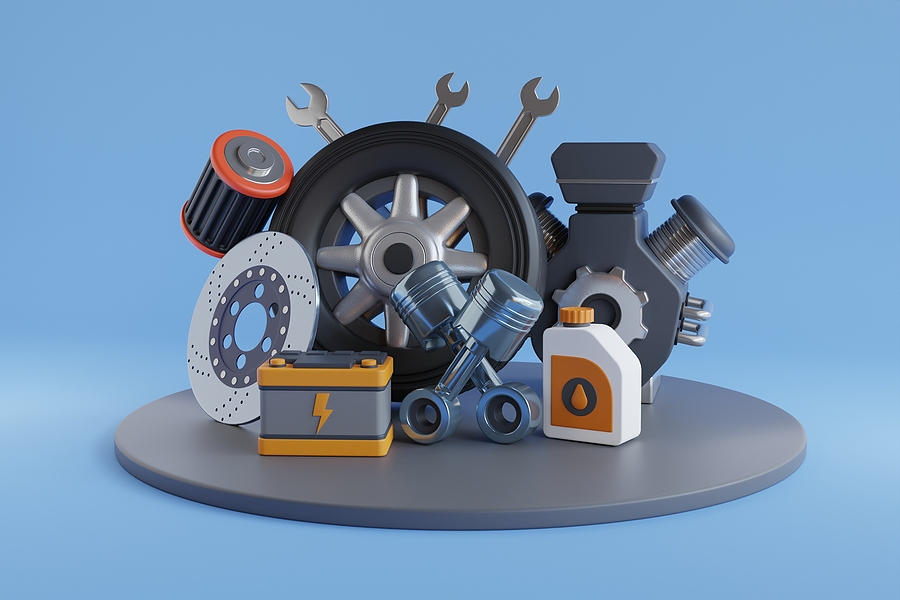When it comes to vehicle maintenance and repairs, using the correct auto parts is crucial for ensuring your vehicle’s longevity, performance, and safety. However, many car owners are tempted by cheaper alternatives or may unknowingly purchase incorrect parts, leading to significant issues. This article explores the impact of using the wrong auto parts on your vehicle and why it’s essential to choose the right components every time.

The Importance of Using Correct Auto Parts
Every vehicle is designed with specific components that work together to ensure optimal performance. Using the correct auto parts, especially those recommended by the manufacturer, ensures that your vehicle operates as intended. These parts are rigorously tested for compatibility and safety, providing peace of mind for the vehicle owner.
- Potential Damage to Your Vehicle
One of the most significant risks of using incorrect auto parts is the potential damage to your vehicle. For example:
- Engine Damage: Installing the wrong type of spark plug or fuel filter can lead to engine misfires, reduced fuel efficiency, and even permanent engine damage.
- Brake System Failure: Using incorrect brake pads or rotors can compromise your vehicle’s stopping power, leading to dangerous situations on the road.
- Suspension Issues: Incorrect shocks or struts can cause your vehicle to handle poorly, leading to an uncomfortable ride and increased wear on other suspension components.
- Reduced Performance and Efficiency
Using the wrong auto parts can significantly reduce your vehicle’s performance and fuel efficiency. For instance:
- Air Filters: An incorrect air filter may not fit properly, allowing dirt and debris to enter the engine, reducing performance, and increasing fuel consumption.
- Tires: Installing the wrong tire size can affect your vehicle’s handling, acceleration, and fuel efficiency. It can also lead to premature tire wear.
- Exhaust System: A mismatched exhaust component can disrupt the balance of your vehicle’s emissions system, leading to poor fuel efficiency and increased pollution.
- Safety Hazards
Safety is paramount when it comes to driving, and using the wrong auto parts can create significant hazards. Some examples include:
- Electrical Issues: Incorrectly fitted electrical components, such as batteries or alternators, can cause shorts, fires, or even complete electrical system failures.
- Steering Problems: Using the wrong steering components can lead to a lack of responsiveness, making it difficult to control your vehicle and increasing the risk of accidents.
- Airbag Malfunction: Installing incorrect sensors or electronic components could cause the airbag system to fail, putting occupants at serious risk in the event of a collision.
- Voiding Warranties
Many vehicle manufacturers provide warranties that cover specific parts and systems. However, using non-approved or incorrect parts can void these warranties. This means that any damage caused by these parts would not be covered, leading to out-of-pocket expenses that could have been avoided.
- Increased Repair Costs
While it might seem cost-effective to use cheaper or incorrect parts initially, the long-term repair costs can be much higher. For example:
- Repeated Repairs: Incorrect parts often fail sooner than proper ones, leading to repeated repairs and replacements.
- Additional Damage: The wrong part can cause collateral damage to other systems in your vehicle, resulting in more extensive and costly repairs.
How to Avoid Using the Wrong Auto Parts
Avoiding the use of incorrect parts starts with purchasing from reputable sources and consulting your vehicle’s manual for part specifications. Here are some tips:
- Verify Part Numbers: Always check the part number against your vehicle’s specifications to ensure compatibility.
- Consult with Professionals: When in doubt, consult with a certified mechanic who can recommend the correct parts.
- Avoid Counterfeits: Purchase parts from trusted retailers to avoid counterfeit or substandard components that may not meet safety standards.
Conclusion
Using the wrong auto parts on your vehicle can lead to a host of problems, from reduced performance and safety hazards to voided warranties and increased repair costs. By ensuring that you always use the correct, high-quality parts, you protect your vehicle’s integrity and ensure a safer driving experience.






